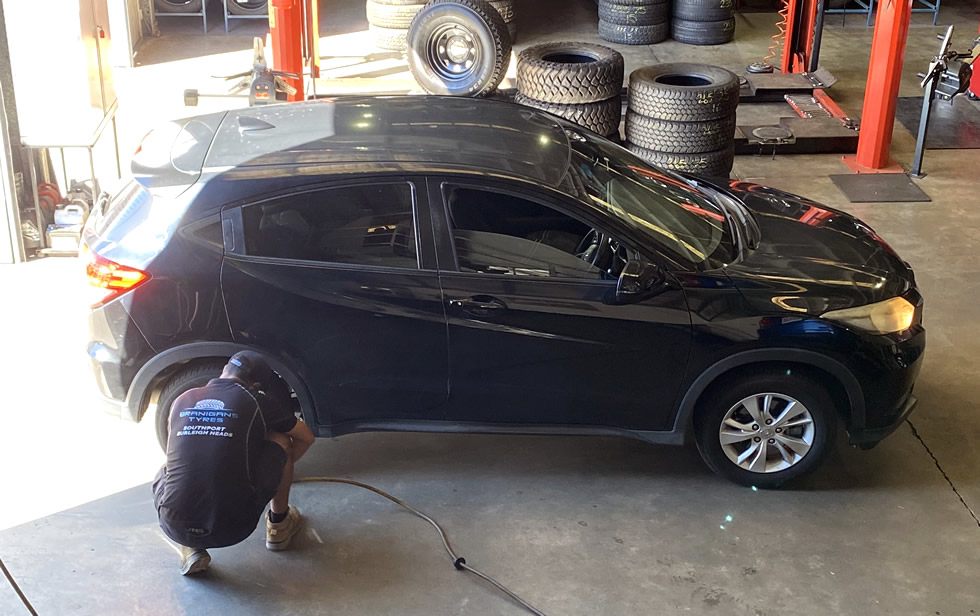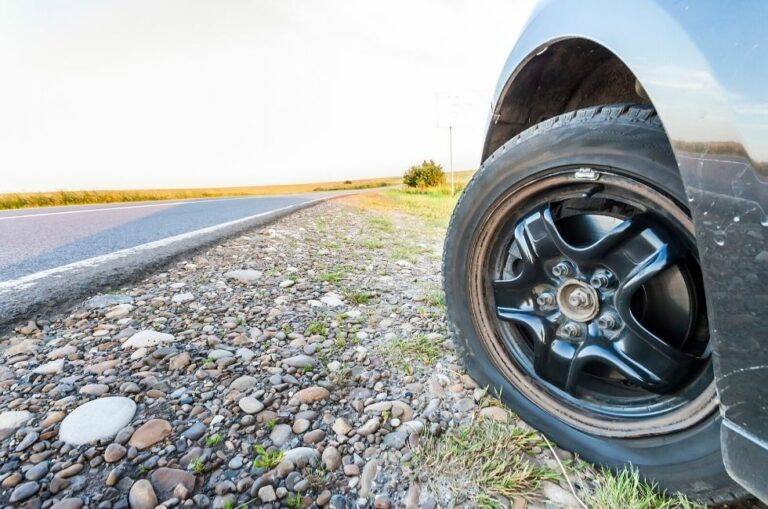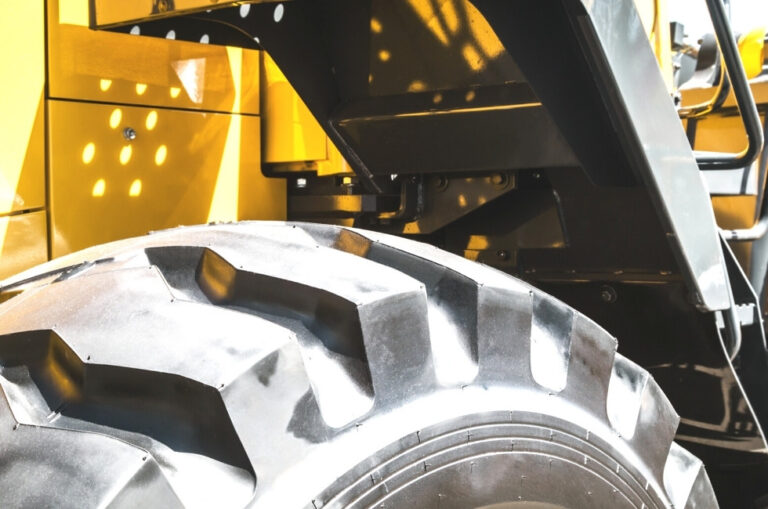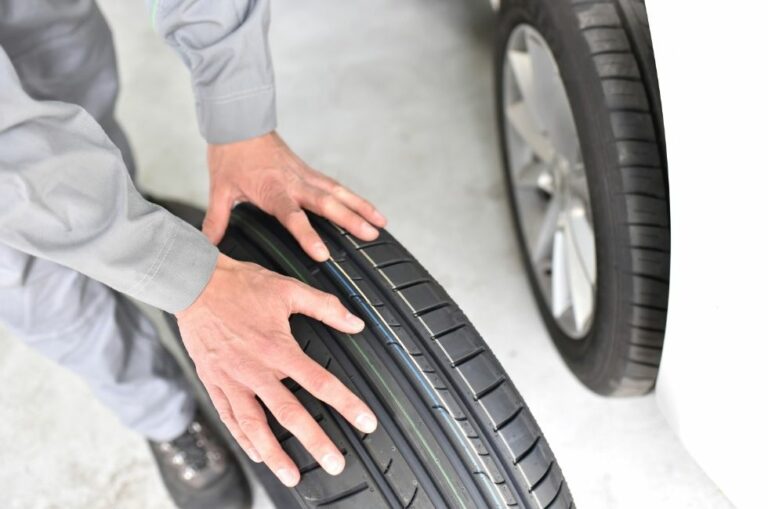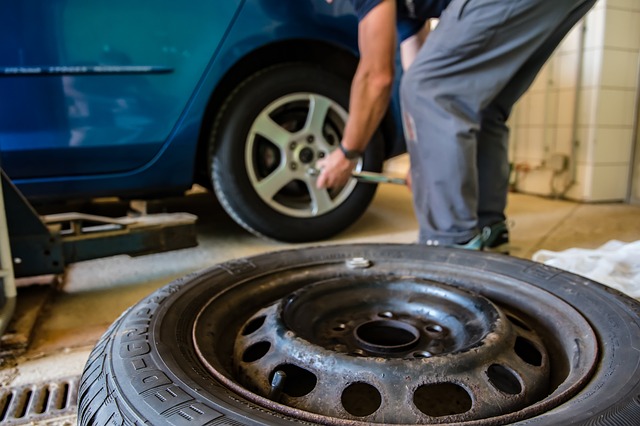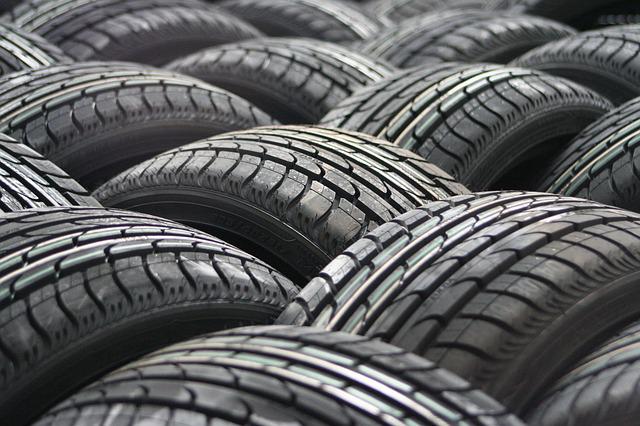Regular tyre inflation and correct pressure are imperative to a vehicle’s fuel economy and tyre longevity. In recent years, the debate whether one should fill compressed air or nitrogen in their car tyres has made car and bike owners scratch their heads. Several tyre service and inflation centres argue that while compressed isn’t a bad choice, nitrogen does a better job in maintaining the desired pressure for a longer time.
With that said, let’s look at some of the advantages of nitrogen usage in tyres.
It Stabilises Tyres for A Prolonged Time
Compressed air tends to seep out much faster from the tyres than nitrogen and it normally requires sooner re-inflation. “Using nitrogen in car or bike tyres, one may not have to check for the pressure for the next 30 days as the gas doesn’t move out the tyre so quickly,” says Chris Lett, tyre expert and owner of Branigans Tyres.
He also adds that “tyres stay in shape for about a month. In the case of regular air, if a vehicle is moving every day, one needs to measure the pressure after 8-10 days.”
It’s A Current Way to Take Care of A Car
Nitrogen is much drier than compressed air and that assists with the regulation of tyre pressure and temperatures during long drives and summer heat. It also causes less rubber damage and corrosion of the metal rims that clench the tyres.
Chris also stated that compressed air has more water and oxygen which usually results in a quick reaction with the fluctuating temperatures within the tyres. This can lead to those dreaded tyre blowouts.
Money Well Spent
Nitrogen may not be free at air pumps or service stations, but it’s vital to consider the nominal amount of Rs 4-45 for a four-wheeler and Rs 10 for 2-wheeler vehicles – It lasts longer and supports the longevity of tyres.
“Expect fewer opportunities of wear and tear when using nitrogen,” says Chris. “The pressure doesn’t have to be measured as often as one would with compressed air.” This means that there is money to be saved on tyre maintenance, which is always welcome.
Mixing Nitrogen and Compressed Air
It can happen that a tyre has been filled up with nitrogen but has low pressure. The good thing here is that one can always top it up with compressed gas if there are no nitrogen pumps in the vicinity and proves no harm to the tyre.
For those who already have nitrogen filled in their car tyres, but realise that the pressure is low, they can always top it up with compressed gas if they are not able to find a nitrogen pump.
It is The Choice of the Vehicle Owner
Nitrogen does prove to have more technological advantages over air, but those advantages can always differ when considering that people use their cars in various ways. However, to wrap this up, opt for nitrogen if a vehicle falls in one or more of the categories below:
- If a vehicle owner has one or more cars that are primarily used at the racetrack.
- If a vehicle is used very sparingly and sits unused for an extended time.
- If someone owns collectible cars that are seldom driven any great distances.
- If one has to put a car in storage for a significant period of time.
For further information, visit or call Chris and his team at Second Hand Tyres Gold Coast | Branigans Budget Tyres by contacting the Service Centres in Burleigh Heads (07) 5535 2660 or Southport (07) 5591 8633.
Syndicated by Baxton Media, The Market Influencers, Your Digital Marketing Agency.

